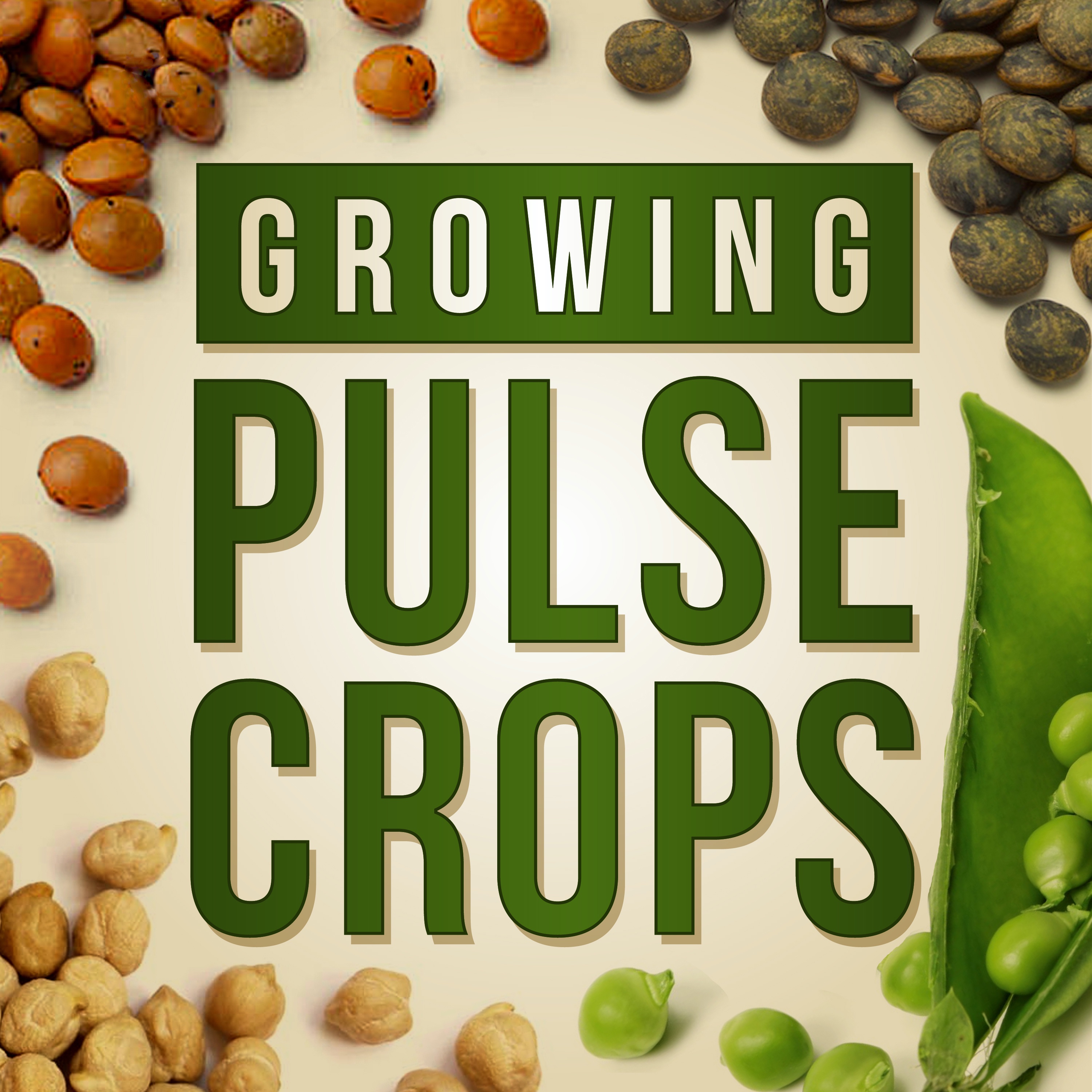Weed Management for Field Peas and Dry Beans [War Against Weeds Crossover]
In this episode we have the opportunity to listen to an interview recorded for the War Against Weeds podcast. Co-hosts Dr. Sarah Lancaster and Dr. Joe Ikley are both weed scientists: Sarah at Kansas State University and Joe at North Dakota State. Together they help listeners understand what it takes for farmers to fight the war against weeds. Joining Sarah and Joe on today’s episode are Dr. Lucas Haag, the Northwest Area Agronomist for Kansas State University, and Jeanne Falk Jones, a trained weed scientist and multi-county agronomist for Kansas State University extension also based in Northwest Kansas.
In the interview, Sarah, Joe, Lucas, and Jeanne talk mostly about field peas and dry beans, including the growth of these crops in Kansas, and what’s working when it comes to weed management. Stay tuned to the end of the episode for a really interesting conversation on herbicide carryover.
“Dry beans are a really good alternative especially and primarily when we're looking at them on irrigated ground…And so they're a really good rotation crop, especially when we have a lot of irrigated corn. We have water needs at a little bit of a different time and they've seemed to be a little more economically viable for those versus just solely irrigated corn.” - Jeanne Falk Jones
She goes on to compare the use and benefits of dry beans rather than the more familiar soybeans. A strong thriving market, more Kansas soil tolerance and less susceptibility to fungus are some of the advantages dry beans have. Lucas adds that pulse crops have the added ability as cover crops to help solve one of the biggest obstacles for Kansas farmers, water efficiency.
“Everything in this part of the world is about how do we get the biggest economic return out of water? And it doesn't matter whether it's precipitation or coming on through a pivot…We're only about 20% efficient at storing that rainfall we get during a fallow period. So what if we can take that 80% that we would lose to evaporation anyways and turn that into something marketable like field peas.” -Dr. Lucas Haag
This Week on Growing Pulse Crops:
- Meet Dr. Sarah Lancaster and Dr. Joe Ikley weed scientists and co-hosts of the War Against Weeds podcast.
- Discover Kansas field peas and weed management in pulse crops with Dr. Lucas Haag, the Northwest Area Agronomist for Kansas State University, and Jeanne Falk Jones, a trained weed scientist and multi-county agronomist for Kansas State University extension
- Explore the benefits of pulse crops being added to a Kansas rotation and the specific weed management needs associated with their use
- Connect with all our guests on Twitter at @lancasarach, @NDSUWeeds, @LucasAHaag and @cropswithjeanne and also on their websites for the Northwest Research-Extension Center and the Sunflower District Agronomy
Growing Pulse Crops Podcast is hosted by Tim Hammerich of the Future of Agriculture Podcast.

